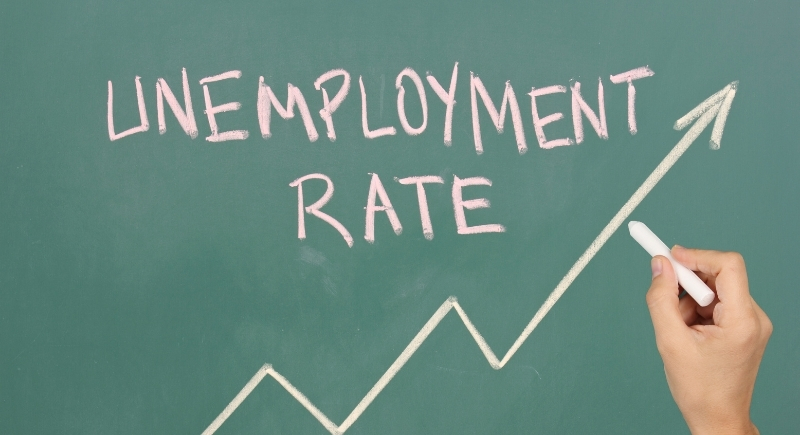Is Gen Z Facing the Worst Financial Future of Any Generation?
There’s a running joke that Gen Z can’t afford houses because they spend all their money on iced coffee. It’s a running gag, but it couldn’t be further from the truth. Behind the memes and TikToks, Gen Z is facing a defining financial struggle.
They’ve been thrown into adulthood at a time when the rules of money, work, and stability seem to be shifting under their feet. The American dream their parents spoke about feels more like a moving target, one step ahead and never quite in reach.
Instead of focusing on what’s already been lost, the bigger question is what kind of future is even left to build. Gen Z is wondering if the foundations for tomorrow, their homes, families, and retirement, are slipping further out of their hands.
The Price Of Just Existing

Image via Getty Images/Makidotvn
Daily life has gotten expensive. In 2024, Gen Z was spending about 31 percent more on housing than millennials did at the same age, even after adjusting for inflation, according to Bureau of Labor Statistics data. Car insurance spending for young drivers more than doubled between 2012 and 2022, and health insurance jumped nearly 50 percent in that same window. Meanwhile, their incomes only grew 26 percent.
Rent alone eats away at savings. An analysis by RentCafe found that by age 30, Gen Z will have spent around $145,000 on rent compared to $126,000 for millennials. It explains why many twenty-somethings are still living with family or doubling up with roommates longer than they expected. The idea of saving for a down payment feels more like wishful thinking than a five-year plan.
Drowning In Debt Before The Swim Starts
Debt is where the generational gap hits hardest. According to a 2025 Vola Finance report, Gen Z’s average personal debt stands at $94,101. Millennials carry about $59,000, and Gen X is closer to $53,000. That’s a huge leap. Even scarier, 63 percent of Gen Z users in the study had already experienced delinquency, compared to 37 percent of older generations.
Credit cards are a trap, too. By 2024, about one in seven Gen Z adults were maxed out on theirs, the New York Fed reported. That’s the highest rate across generations. Since interest rates hover around 22 percent, balances pile up quickly. Student loans don’t help either. Borrowers between 20 and 25 are averaging about $21,000 in debt, 13 percent higher than millennials at that age.
Work, Or The Lack Of It

Image via Getty Images/numbeos
To worsen the money troubles, landing a stable job isn’t guaranteed. In Canada, youth unemployment hit its worst rate in decades this year, aside from the pandemic years, Statistics Canada reported. Graduates described sending out hundreds of applications just to land a few interviews. Economists warn this kind of weak start creates “wage scarring,” where young workers never fully catch up in earnings compared to peers who entered stronger job markets.
In the United States, recent graduates are also struggling. The New York Fed noted that for the first time, new college grads were more likely to be unemployed than the general population. Pair that with layoffs in tech and automation eating entry-level positions, and many are left working jobs that don’t match their degrees.
Life Plans On Hold
Surveys show Gen Z is cutting back on dating, delaying moving out, and holding off on having kids because they can’t see how to afford it. Half report having no emergency savings at all, and more than 40 percent admit they’re not on track to save for retirement in the next five years. Some are even dipping into retirement accounts early or selling belongings to get by.
The dream hasn’t disappeared, though. Many still want to own homes, marry, and start families. However, as one 27-year-old teacher in Illinois explained in 2025, even the cheapest one-bedroom near her costs about $1,300 a month on a $32,000 salary.
A Generation Wide Awake
It’s tempting to say Gen Z is just repeating millennial history with different details, but the scale is bigger. Millennials had the Great Recession. Gen Z is facing the aftershocks of a pandemic, crushing debt, runaway housing costs, and stagnant wages all at once. Their parents could rely on stronger social safety nets. Gen Z doesn’t have that cushion.
Still, the story isn’t all bleak. Studies show most are cutting expenses, saving when possible, and rejecting the pressure to keep up with peers’ spending. They’re financially cautious in relationships, too, with three-quarters rating responsibility as a “green flag.” The grit is there. The challenge is whether the economy gives them a fair shot to use it.